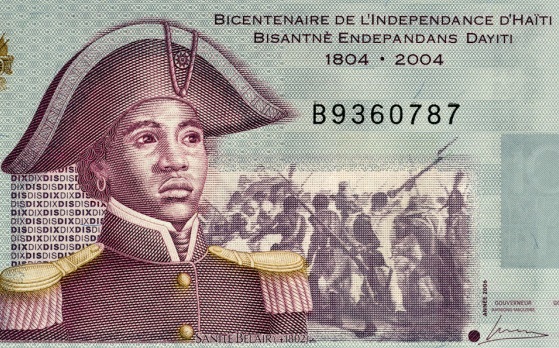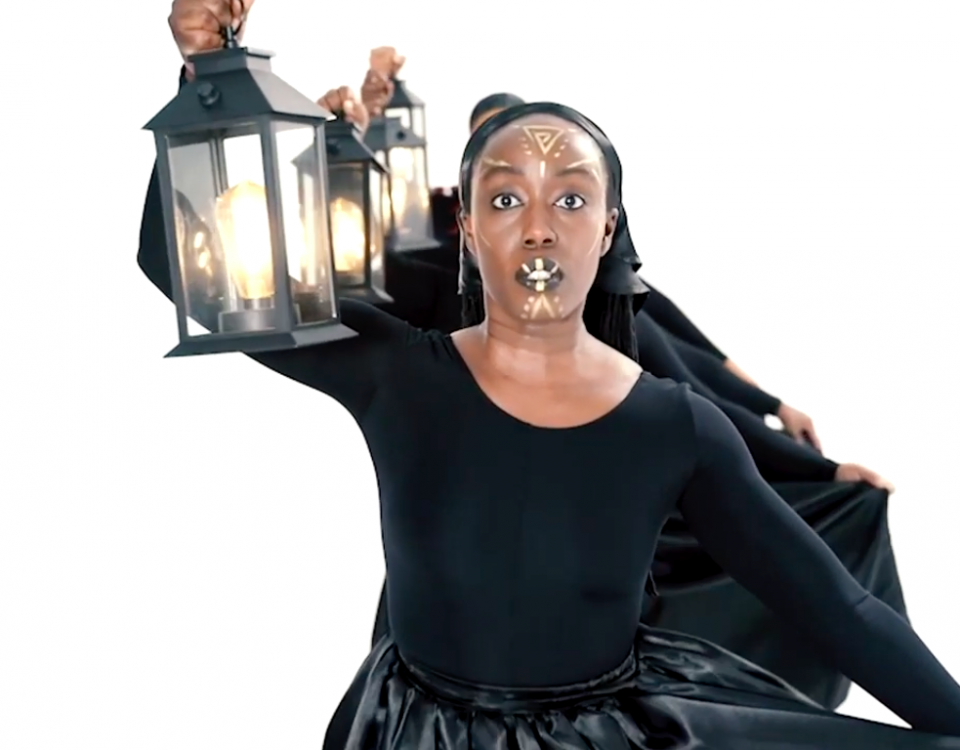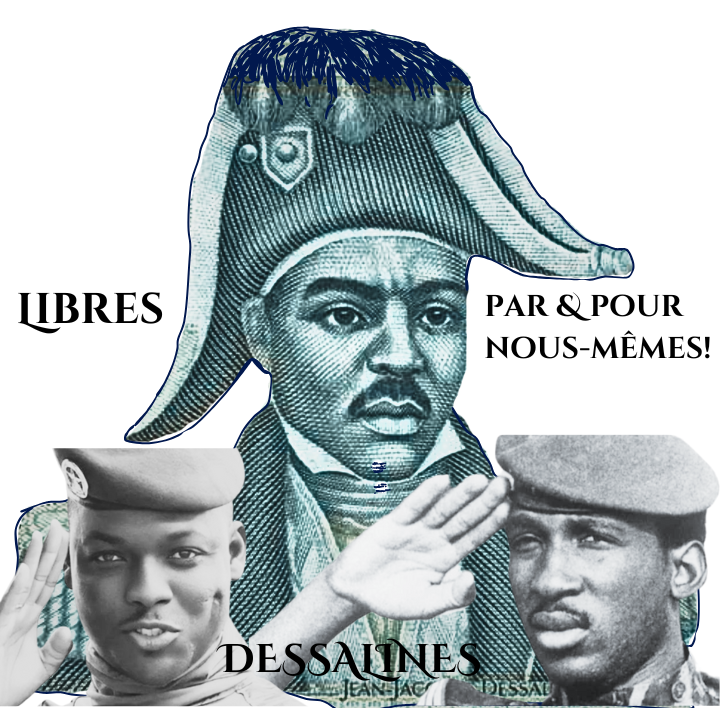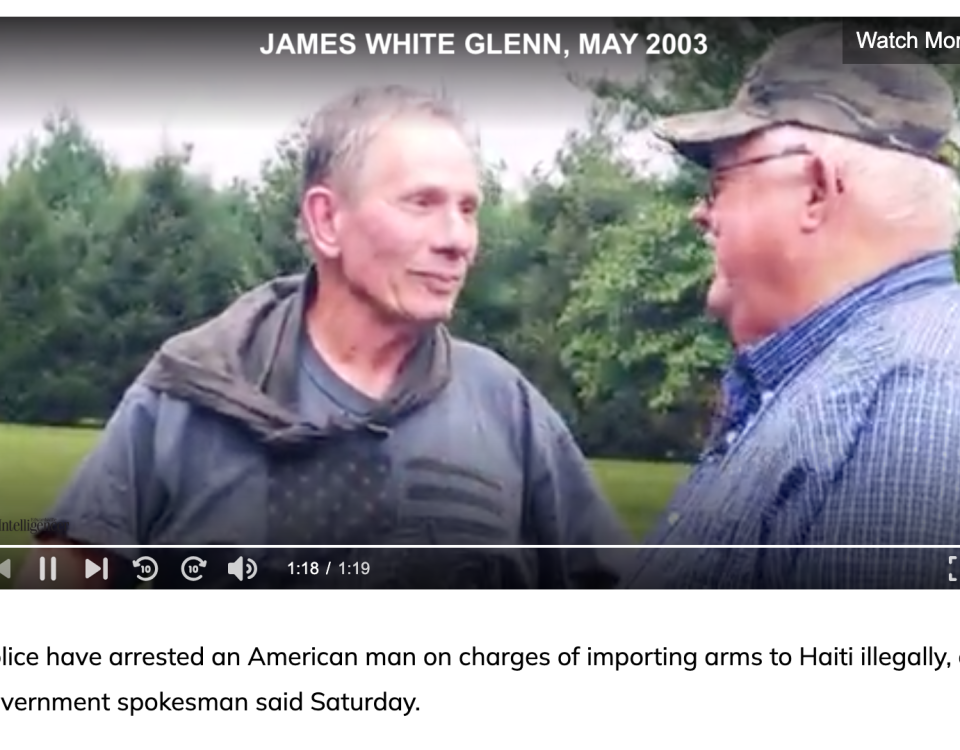- Depi nan Ginen bon Nèg ap ede Nèg!
- jafrikayiti@gmail.com
Roots of Black Lives Matter in Bwa Kay Iman, Haiti (14-15 August 1791)

Canada Urged to Have Normal Relations with Haiti
July 10, 2016
Haitians Say Ngiyabonga (Thank You) South-Africa!
August 17, 2016Roots of Black Lives Matter in Bwa Kay Iman, Haiti (14-15 August 1791)

At the Black Summit (Hoodstock 2016), last night, in Montreal, a sister rose during one of the panel discussions to place due emphasis on the pioneering role played by African women in the U.S. in launching the most recent reaffirmation of African self-love, aka: The Black Lives Matter Movement.
During the bus ride back to Ottawa, I could not stop thinking about the importance of that timely intervention. Indeed, students of history must be mindful of the role patriarchy plays in mis-shaping our collective memory of historical facts and events. For those of us who are descendants of displaced Africans (survivors of the Maafa), it is even more vital to learn about, acknowledge, share and celebrate the heroic stands taken by our daughters, sisters, mothers, grandmothers, throughout the ages.
Let us applaud the pioneering work of Alicia Garza, Opal Tometi, and Patrice Cullors whose labor of love launched #BlackLivesMatter. The movement they started in St. Louis, Missouri (USA) with the powerful social media hashtag to support mourners of 18-year old Mike Brown who was killed at the hands of Ferguson Police Officer Darren Wilson, has since mushroomed into a formidable global movement for justice.
As I mentioned during my speech at Hoodstock 2016, although the words we use to express it differ from country to country, from generation to generation, for a long while now, Africans all over the globe have been screaming a consistent message to their tormentors faces: “I am an asset, not a threat!”. In the barrios of Rio de Janiero, in the mines of Sierra Leone, Congo and Azania as in New-York City (USA), Ottawa (Canada), Marseille (France) and Cite-Soleil (Haiti), black hands and voices have arisen again and again, to exclaim: “don’t shoot, don’t contaminate, don’t incarcerate – I am an asset, not a threat”.
Today, August 14, 2016, marks the 225th anniversary of Bwa Kay Iman, a momentous world event I consider to be among the many roots of Black Lives Matter. As dozens of African women and men gathered in the woods of Northern Haiti, the night of August 14-15, 1791, pledging their lives to the abolitionist revolution, they were affirming African self-love in a most dramatic and effective manner. For hundreds of years, kidnapped, displaced and tortured women, men and children had attempted to civilize their torturers, to educate them about the fact of their humanity, to reason with them, to escape from them. It was all to no avail. The visceral attachment European imperialists had with stolen wealth rendered them deaf, blind and stupid at once. So, the inevitable happened; 450,000 enslaved souls rose up on the Caribbean island and, over a bloody 12-year war, they chased out to sea the Spanish, British and French murderers who had held them in brutal slavery since 1499.
Asked about the Haitian revolution, few Africans living on or off the island who are familiar with the subject may name Toussaint Louverture, Henri Christophe, Boukman and Jean-Jacques Dessalines as leaders of the revolution. Yet, throughout the uprising, African women and African men had struggled side by side, in efficient complicity. Haiti’s great liberator and founder Jean-Jacques Dessalines, himself, was trained and educated in the arts of warfare by the valiant ABDARAYA TOYA, a fierce elder who led her own regiment of soldiers during the war of independence. “Grann Toya” is said to have been a close friend to Dessalines’ mother who passed away soon after his birth. Other key figures of the Haitian Revolution include the amazing Lieutenant Sanite Bélair, whose portrait now graces Haitian paper currency, Marie-Jeanne Lamartinière and Marie-Claire Heureuse Félicité Bonheur, initiator of the January 1st Pumpkin Soup Revolutionary Communion.
In closing, I would like to dedicate this humble text to all the women and men, boys and girls whose names we are unable to retrace although we know they stood up on the shores of Africa to resist their kidnappers. To Aminata who might have tightly held unto her newborn as she jumped overboard “The Good Ship Jesus”, reaching the bottom of the Atlantic Ocean with at least one of her British kidnappers whom she grabbed during her desperate leap, let us respond: “nou renmen ou grangrann: Indeed, Mama Aminata, our black lives matter”.
To Simba and Araya who never survived long enough to transmit family names to our present generation of Africans in Rio, in Ottawa, in Acra, in Washington, we say: “yes, we value our black lives in which we pledge to invest love everlasting”.
To the inheritors of the loot collected by Napoleon Bonaparte, Leopold, Elizabeth I and John Hawkins, we say: “Brother, sister, we are not a threat!”. Listen up, wise up! Forget about the wall you plan to erect to prevent the Mexicans from returning to their ancestral lands. Listen up, wise up! Your coast guards are not numerous enough to stop the rightful owners of Congo’s gold and coltran from finding the whereabouts of the riches you’ve stolen from their land. Listen up, wise up! 1 million Haitians you’ve contaminated with cholera, after having killed over 10,000 black lives on the island since 2004, using illegally-deployed U.N. troops, will not let you sleep in peace at night. Listen up, wise up! white privilege is the real threat to all of our lives. Give it up and let us move forward, together, investing in all our assets.
Jafrikayiti (Jean Elissaint Saint-Vil) was born and raised in Port-au-Prince, Haiti, and currently lives in Canada. He hosts weekly radio programs in Ottawa and has been featured as political analyst on Canadian and international radio and television. He is the author of “LAFIMEN: Listwa Pèp Ayisyen Depi Nan Ginen”, CD1 (2003), CD2&3 (2006), CD4 (2010) – audio recordings narrating Haitian History in Kreyòl and “Viv Bondye ! Aba Relijyon!” (2000) – book in Kreyòl (Praise God Down with Religion) which deals with the history of Christianity and its influence on the lives of people of African Descent.
On his blog godisnotwhite.com, Jafrikayiti publishes regularly, in English, French and his native Kreyòl.




1 Comment
Jah love beloved Jafrikayiti. Wow! Great article. Thanks a lot for honoring the contributions of our black/African sisters, mothers, daughters, lovers who continue to bless us with their organizational skills, strength and courage. We have to stay the course that our beloved ancestors charted for us on this fateful day in 1791 at Bwa Kay Iman. And I am glad that you make the connection between #BwaKayIman and #BlackLivesMatter, folks need to know more about the legacy of #BlackResistance and how this consciousness is a powerful link that we should nurture. #Blacklove, #Blackselflove will carry us through this horrible phase in our existence. I am confident that we will succeed, with people like you and the sisters who claimed #BlackLivesMatter, we are destined to be free. Blessed love.